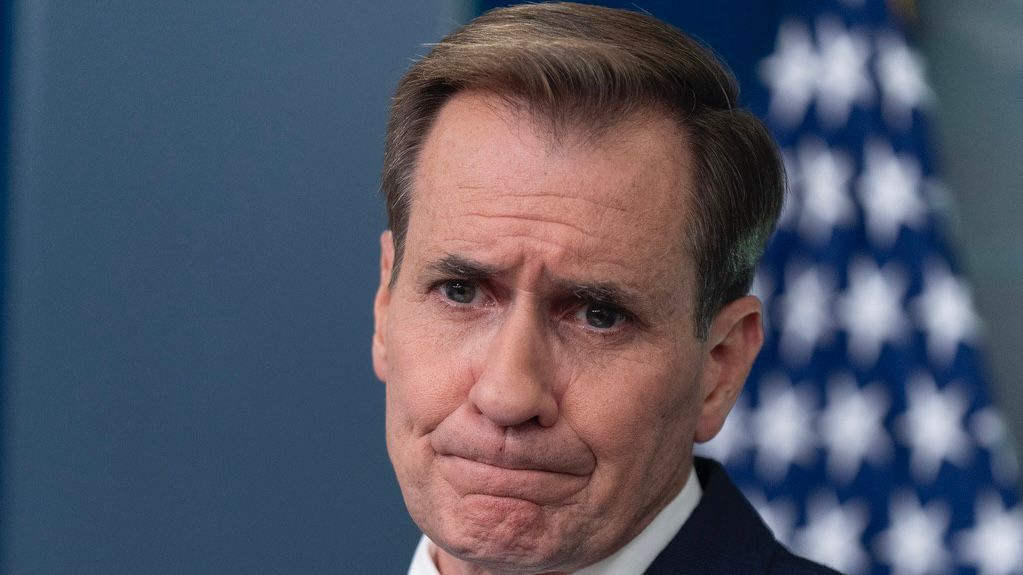Three days after the public release of a pair of top-secret documents that showed American spy agencies tracking Israeli’s preparations to attack Iran, U.S. National Security Council spokesperson John Kirby said it was unclear whether the documents were leaked or hacked.
He said the Department of Defense is investigating the incident to learn how it happened and prevent it from happening again.
Since Oct. 1, when Iran launched a missile attack against Israel, Israeli Prime Minister Benjamin Netanyahu has only said publicly that national interests will direct how the country retaliates. Iran launched the attack the same day Israel invaded Lebanon, following the killing of Hezbollah leader Hassan Nasrallah, escalating a Middle East conflict.
Kirby said Monday the United States has been in touch with its Israeli counterparts since the top-secret documents were released but said it was up to the Israelis to speak to what, how and when they decide to take additional military action in response to Iran’s attack.
He declined to comment on President Joe Biden saying Friday that he knows when and where Israel plans to retaliate to the Iranian attack.
The U.S. has been in touch with Israeli officials about possible next steps following the killing of Hamas leader Yahya Sinwar last Wednesday. Biden said last week he hoped the killing offered an opportunity to pursue a cease-fire and release the hostages held by Hamas for more than a year in Gaza.
“The Israelis understand that remains a top priority of the president,” Kirby said, adding that the U.S. is working with Israel, the Palestinian Authority and its Arab partners in the region to develop a “day-after” plan that would include a security component in Gaza whenever a ceasefire takes place.
Initial conversations between the U.S. and Israel does not mean cease-fire negotiations for Gaza are about to restart, Kirby said, adding that the U.S. is also continuing to “engage in intensive diplomacy to see what can be done to try to find a path to a ceasefire between Israel and Hezbollah” in Lebanon.
Secretary of State Antony Blinken is heading to the Middle East on Monday to restart negotiations to end the war in Gaza, which has seen tens of thousands of Palestinians killed, according to the Hamas-run Gaza Health Ministry, after Hamas' Oct. 7, 2023, surprise attack on Israel that killed roughly 1,200. He will also push to defuse the conflict in Lebanon, where Israeli airstrikes have killed at least 2,483 people since Sept. 23 as Israel and Hezbollah trade fire
State Department special presidential coordinator Amos Hochstein is currently in Beirut, Lebanon, Kirby said, “to see what could be in the realm of the possible in terms of trying to find a meaningful ceasefire between those two sides.”
He said the U.S. has “seen no diminution of Iranian desire to continue to support their proxies, whether that is Hezbollah, Hamas, militia groups in Iraq and Syria or the Houthis.



